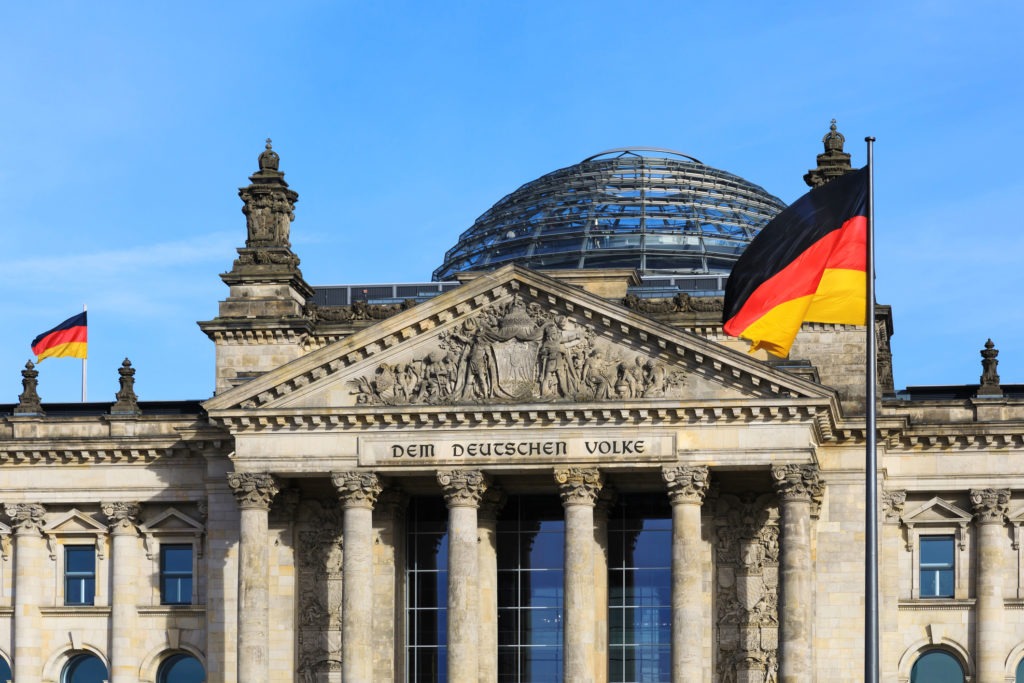Second German diesel summit sees funding released to avert city bans
29 November 2017

29 November 2017
Germany has held a second ′diesel summit’ to find solutions to the problem of air pollution caused by vehicle technology, as the country tries to move on from various scandals and demonisation of the fuel, an important part of its automotive industry.
Following the first diesel summit held in August, car makers in the country agreed to recall a total of 5.3 million vehicles to retrofit them with new software to lower their emission profiles. For vehicles that are unable to go through the process, manufacturer-led scrappage schemes were put in place, with incentives for drivers to buy cleaner diesel, petrol or alternatively fuelled vehicles.
Now, the country’s government has agreed to release €1 billion in funding to help municipalities tackle diesel pollution. The move is designed to allay fears that ninety cities in the country, including Munich and Stuttgart, will face penalties for having nitrogen dioxide (NO2) levels in excess of the permitted limits, introduced in 2010.
Cities waiting for the funding since it was approved in early September plan to invest in digital tools to improve traffic management, replace diesel buses with zero-emission models and promote battery-charging networks. However the German environmental lobby the DUH has dismissed the plans as inefficient.
′Driving bans have become anything but less likely with those decisions,’ DUH managing director Juergen Resch told the news agency Reuters. ′The projects planned will not lead to improving air quality greatly in 2018 and probably also not in 2019.’
At the second summit, the German Chancellor, Angela Merkel said further programs would be needed in coming years to help fund a strategic shift toward more efficient transportation systems. She gave no further details on what may come.
Just before the country’s elections on 24 September, Merkel’s government announced it would double funding allocated to curbing excess NO2 levels. However, there is a risk of a second ′snap’ election being called following the collapse of talks between Merkel’s CDP and other parties to form a coalition government.
Currently, both Munich and Stuttgart are considering bans, with Cologne also preparing a plan.
Officials have stated that the plans for retrofitting and spending on infrastructure do not go far enough. State officials have criticised the German auto industry for opposing hardware changes to make older diesel cars more efficient, and for a lack of zero-emission bus offerings on behalf of manufacturers such as Mercedes-Benz and MAN. Municipalities said the €1 billion would not suffice to finance more long-term structural steps.
′Ultimately we need broad changes in transport policy, it will not be possible to organize this with the €1 billion,’ said Gerd Landsberg, head of Germany’s association of municipalities (DStGB). ′But it would be a signal, also for the courts, that something is happening to reduce nitrogen oxide emissions.’
Germany’s highest administrative court in Leipzig is expected to rule in February 2018 on possible driving bans for diesel cars. It will discuss a ruling by a lower tribunal which said vehicle bans are necessary to help meet EU Clean Air rules.